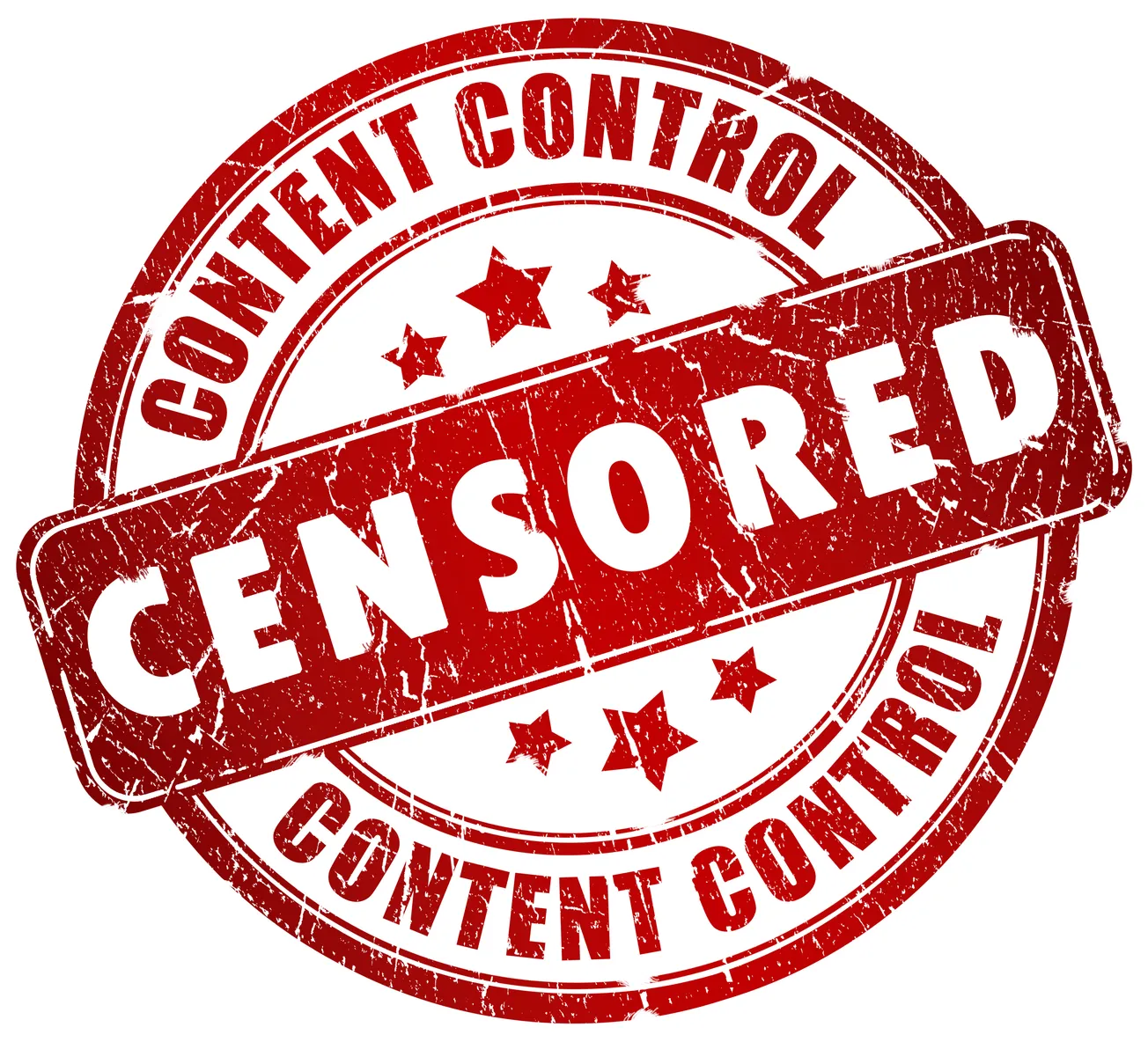Podcasts have changed how people get their news and learn about politics, making it a powerful medium for free speech and independent journalism. Americans, in particular, are drawn to hosts and shows that speak directly to them without a filter or heavy script.
Podcasts offer a chance to hear from people having real conversations, and that authenticity is powerful.
However, as it becomes easier to share one's views with the public, governments in several countries are expressing concerns and implementing crackdowns on podcast content due to concerns about misinformation, hate speech and the potential for harm.
These actions range from restricting access to certain content to creating new laws and regulations that punish creators or platforms.
Government Crackdowns on Podcasts Around the World
South Africa: Proposed Podcast Regulations
Proposed legislation in South Africa has been targeting podcasts, particularly in terms of content regulation, free expression and government control. There is a regulatory gap due to outdated legislation; however, self-regulation is an option for the podcast industry, according to MyBroadband.
In the case of print media, several companies have come together to form the Press Council of South Africa, where members follow a code of practice and ethics. This is similar to the Broadcasting Complaints Commission, which regulates radio and television broadcasts.
The Audio and Audiovisual Content Services policy aims to update broadcasting regulations in South Africa so digital content providers and streaming services meet requirements similar to traditional broadcasters. This would place podcasts under government regulation. According to IOL, some podcasters support introducing regulations, but there are also concerns about limiting free expression.
Pakistan: Content Advisory on Podcasts
The Indian government has directed over-the-top (OTT) platforms and streaming services to remove content originating from Pakistan due to national security concerns, including podcasts. The advisory aims to remove content that threatens "the unity, integrity, defense, security 0r sovereignty" of India and public order.
According to the Times of India, the advisory covers all media, including films, songs, web series and podcasts, whether accessed freely or through subscription. Despite these directives, platforms like Spotify and YouTube have continued to host Pakistani content as of May 13, as there is no formal takedown order.
Legal experts suggest these platforms are unlikely to face immediate consequences.
Impact of Podcast Regulation on Free Speech
In a time when false information spreads instantly, governments are increasingly turning to legislation to curb misinformation. However, media representatives and free speech advocates argue that hasty measures outlawing fake news can lead to censorship and suppress free expression.
As campaigners discuss how laws could harm free speech or lead to censorship, regimes sensitive to media criticism often use similar legislation to silence opposition and dissent, according to The Guardian.
A free and diverse press is essential for a functioning democracy, as independent media outlets act as watchdogs and help hold governments accountable. In contrast, autocratic governments censor the press to maintain compliance and reduce the risk of civil unrest.
Relevance to the United States
These types of podcast regulations are not entirely new to the United States. Calls for social media regulation have inspired similar government crackdowns in the U.S. The Federal Communications Commission has had limited authority to act on complaints about radio or TV content since the 1930s. However, its power is limited by the First Amendment.
The FCC has stated that "the public interest is best served by permitting free expression of views," and communications law and policy should encourage "counter-speech" rather than censorship. While the U.S. government cannot directly censor information in podcasts, it can indirectly pressure platforms to moderate or suppress content. This can happen through encouragement or threatening potential legal action. Balancing national security concerns with free speech remains an ongoing challenge.
Balancing Regulation and Free Speech
Finding the right balance between regulating harmful content and protecting free speech is crucial in today's digital age. Podcasts serve as vital platforms for diverse voices, offering many perspectives and fostering public discourse. Protecting these spaces from unwarranted censorship is vital to maintain a democratic media environment.







